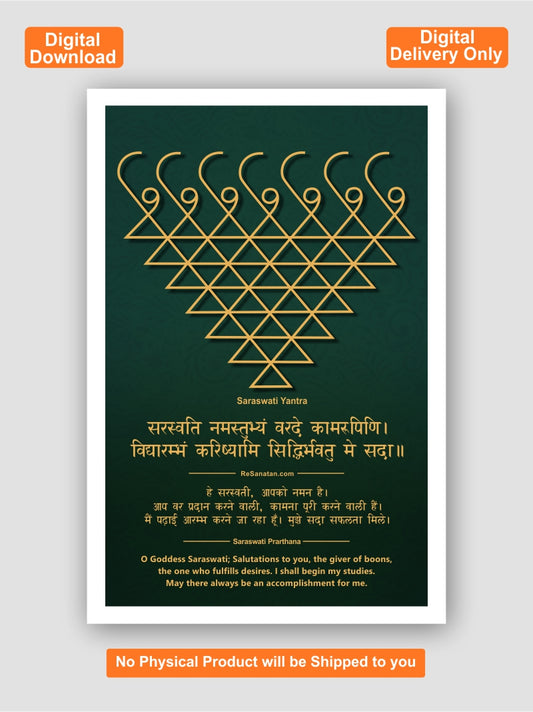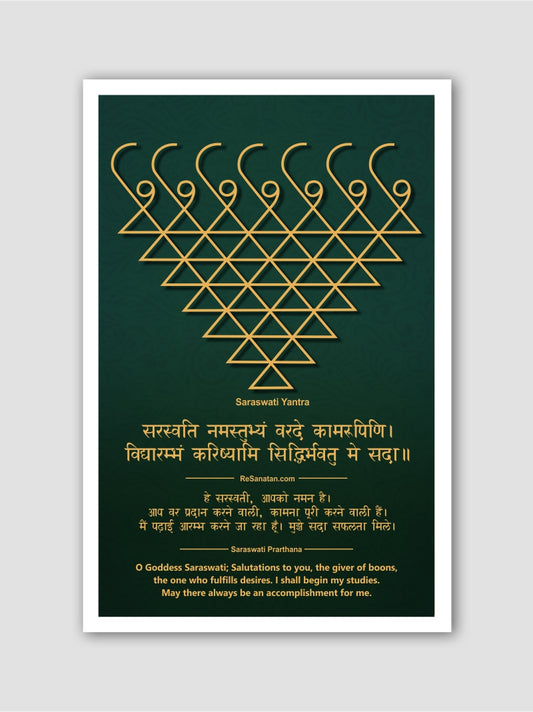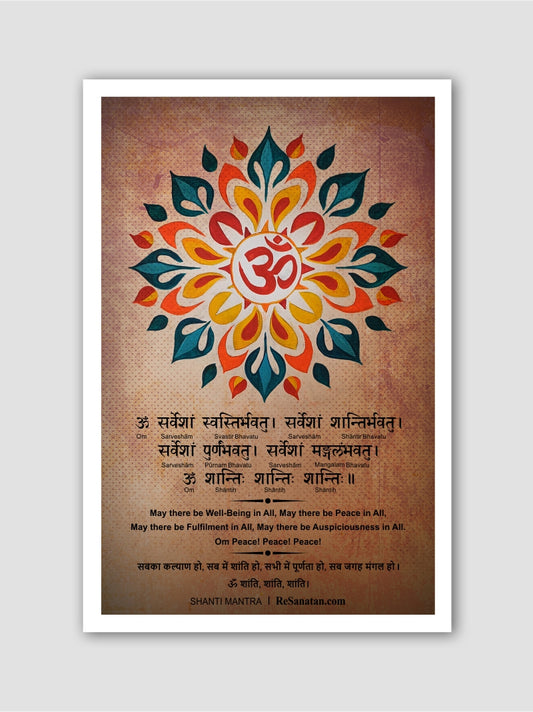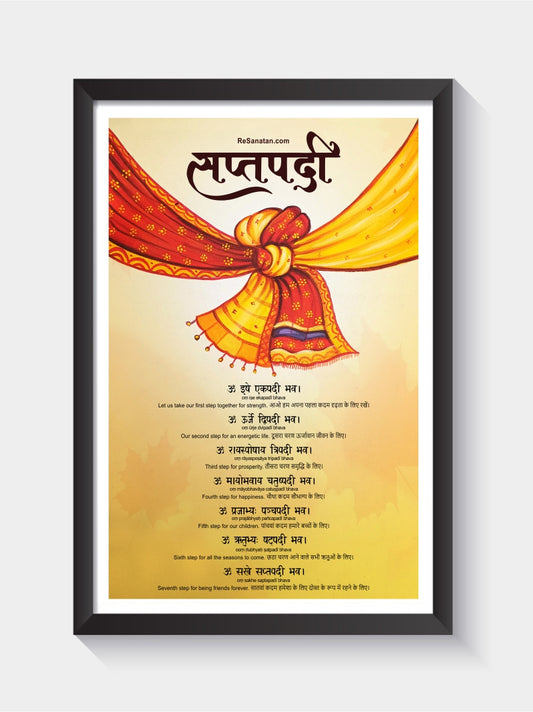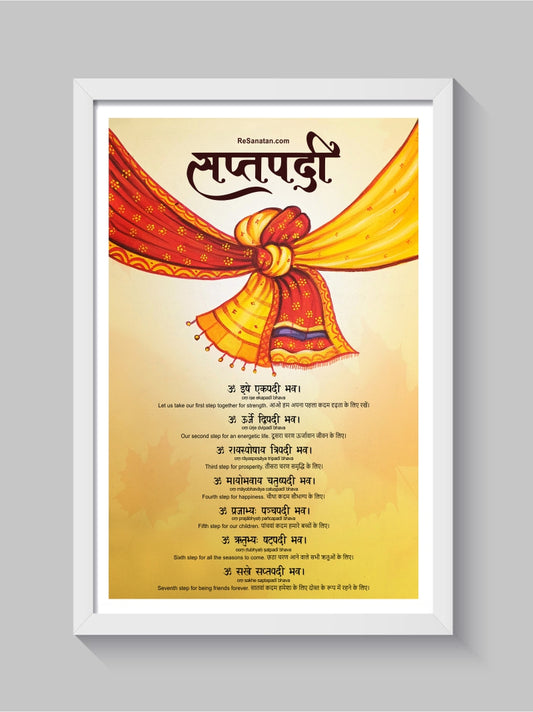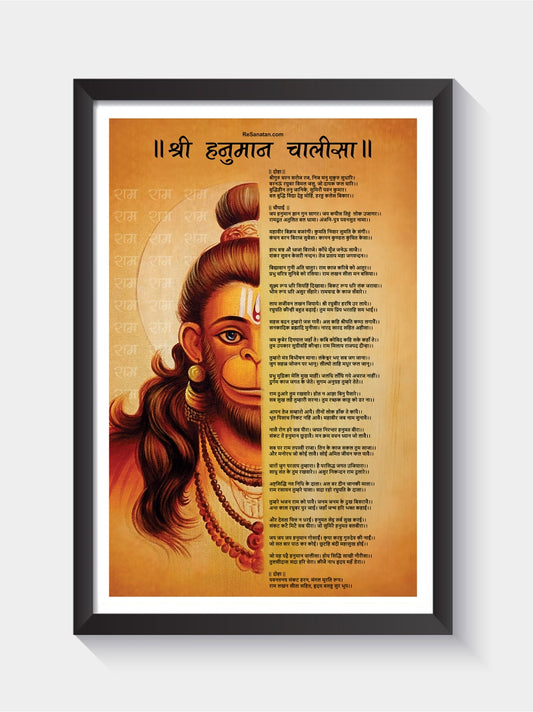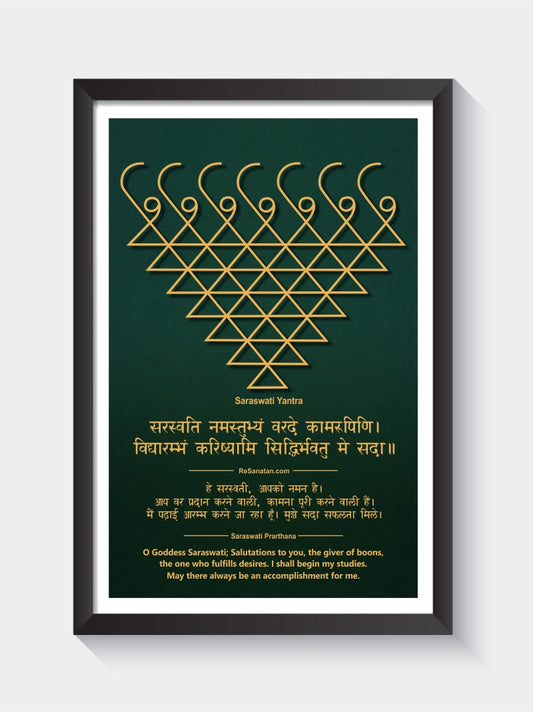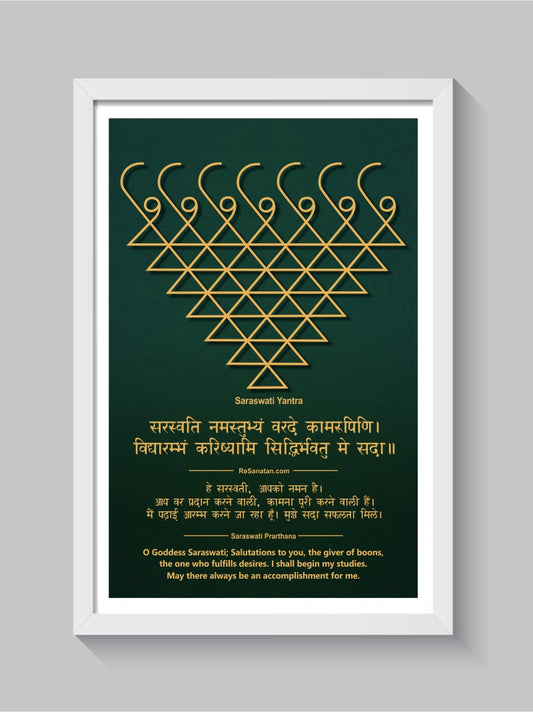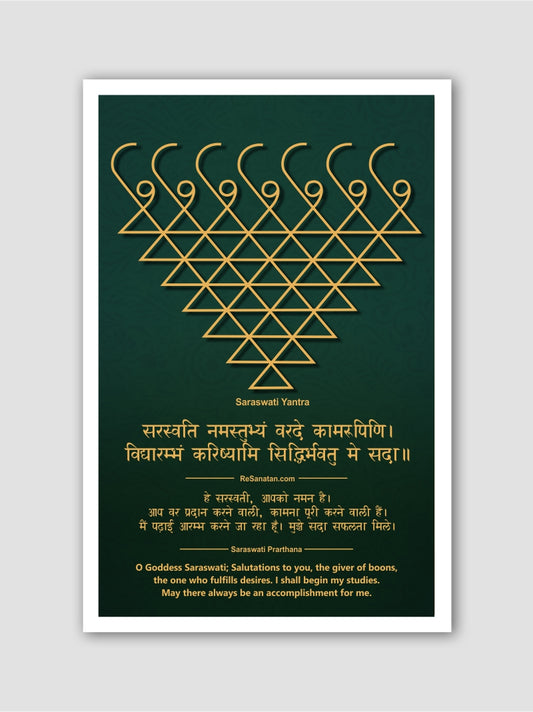Are you expecting a baby boy? Congratulations! Choosing the perfect name for your little one is an exciting and important task. If you're looking for something unique and meaningful, Vedic names might be just what you need. With a rich history that spans thousands of years, Vedic names carry a deep sense of wisdom and spirituality.
Derived from ancient Sanskrit texts, Vedic names are believed to have a powerful influence on a child's life. Each name has its own meaning and significance, reflecting virtues like courage, wisdom, and strength. By giving your baby boy a Vedic name, you are not only connecting him to his roots but also imbuing him with positive qualities.
In this article, we will explore the power and beauty of Vedic names for your baby boy. We'll delve into the importance of choosing a name with a meaningful origin and dive into some popular Vedic names and their meanings. Get ready to discover the enchanting world of ancient wisdom and find the perfect name for your precious little one.

The Significance of Vedic Names
Choosing a name for your baby is not a decision to be taken lightly. It is a reflection of your hopes and dreams for your child's future. Vedic names offer a unique opportunity to connect your child to their cultural heritage while bestowing upon them the blessings of ancient wisdom.
In Vedic tradition, a name is considered more than just a label; it is a vibration that carries a specific energy. It is believed that the sound of a name resonates with the universe and influences the destiny of the person who carries it. By selecting a Vedic name for your baby boy, you are aligning him with positive energies and qualities that will shape his life.
Vedic names often have deep meanings that embody virtues such as strength, intelligence, and compassion. They are carefully crafted to invoke positive qualities in the child and serve as a source of inspiration throughout their life. The significance of Vedic names lies not only in their beautiful sound but also in the intention behind their selection.
Understanding the Power of Sound in Vedic Names
In the Vedic tradition, sound is considered a fundamental building block of the universe. It is believed that everything in existence, including human beings, is composed of vibrations and frequencies. The power of sound is harnessed in Vedic names to create harmony and balance in a person's life.
Each syllable in a Vedic name carries its own energy and meaning. The combination of syllables forms a unique vibration that resonates with the universe. By selecting a name with the right combination of syllables, you can influence the energy and qualities that manifest in your child's life.
For example, the name "Aarav" is derived from the Sanskrit word for "peaceful" or "calm." When pronounced, the syllables "aa" and "rav" create a soothing and harmonious sound. This name is believed to bring a sense of tranquility and serenity to the child. Similarly, the name "Aryan" means "noble" or "honorable," and the syllables "a" and "ryan" evoke a sense of dignity and integrity.
How to Choose a Vedic Name for Your Baby Boy
Choosing a Vedic name for your baby boy is an opportunity to connect with your cultural heritage and imbue your child's life with the power of ancient wisdom. Here are a few steps to help you select the perfect Vedic name:
1. Research: Start by exploring the meanings and origins of different Vedic names. Look for names that resonate with you and reflect the qualities you wish to instill in your child. Consider consulting Vedic texts or speaking with a knowledgeable astrologer or spiritual guide for guidance.
2. Pronunciation and Spelling: Vedic names often have unique pronunciations and spellings. Take the time to understand the correct pronunciation of the name you choose and ensure that it is easily pronounceable in your native language. This will help your child feel confident and proud of their name.
3. Cultural Significance: Consider the cultural significance of the name you choose. Does it have historical or mythological associations? Does it reflect the traditions and values of your family or community? Understanding the cultural context can add depth and meaning to your child's name.
4. Personal Connection: Ultimately, choose a name that feels right to you. It should resonate with your own beliefs, values, and aspirations for your child. Trust your intuition and listen to your heart when making this important decision.
Exploring Popular Vedic Names for Baby Boys
The world of Vedic names is vast and diverse, offering a multitude of options for your baby boy. Here are some popular Vedic names and their meanings to inspire you in your search:
1. Arjun: Derived from the Sanskrit word for "bright" or "shining," Arjun is a name associated with strength, courage, and heroism. It is also the name of a prominent character in the ancient Indian epic, the Mahabharata.
2. Aryan: Aryan is a name that signifies nobility, honor, and strength. It is derived from the Sanskrit word for "noble" and is associated with the ancient Vedic civilization.
3. Dhruv: Dhruv is a name that symbolizes steadfastness and determination. It is derived from the Sanskrit word for "fixed" or "immovable" and is associated with the pole star, which remains constant in the night sky.
4. Dev: Dev is a name that means "divine" or "god-like." It represents the connection between the individual and the divine and is associated with qualities such as kindness, compassion, and spirituality.
5. Manish: Lord of the mind; represents intelligence, thoughtfulness, and wisdom.
6. Rishi: Inspired by the ancient sages and seers of the Vedic tradition, Rishi is a name that signifies wisdom and spiritual knowledge. It is a reminder of the rich intellectual heritage of the Vedic civilization and the importance of seeking higher truths.
7. Yash: Meaning "fame" or "glory," Yash is a name that signifies success and achievement. It represents the Vedic belief in the importance of pursuing excellence and leaving a positive legacy.
8. Keshav: A name of Krishna, derived from 'kesha' (hair) and 'va' (unique), symbolizing his unique hair and his connection to cosmic forces.
9. Naveen: New; symbolizes freshness, innovation, and a new beginning.
10. Om: The primal sound; represents the universe's essence and the sound of creation.
11. Yogesh: Lord of Yoga; symbolizes mastery over the mind and spiritual connection.
12. Aakash: The sky; represents vastness, freedom, and the limitlessness of potential.
13. Bhaskar: The sun; symbolizes vitality, energy, and the source of life.
14. Chandan: Sandalwood; represents purity, calmness, and a soothing presence.
15. Kunal: Lotus; symbolizes purity, beauty, and spiritual awakening.
16. Lokesh: King of the world; symbolizes sovereignty, leadership, and worldliness.
17. Mihir: The sun; represents energy, warmth, and the illumination of darkness.
18. Nirbhay: Fearless; symbolizes courage, bravery, and a fearless spirit.
19. Omkar: Another form of Om; represents the cosmic vibration and the essence of life.
20. Pavan: The wind; symbolizes freedom, movement, and life’s breath.
21. Rohan: Ascending; represents growth, development, and progression.
22. Sahaj: Natural, easy; symbolizes simplicity, ease, and the natural state of being.
23. Tarun: Young, youthful; symbolizes energy, vibrancy, and renewal.
24. Utkarsh: Prosperity, awakening; symbolizes growth, excellence, and high achievement.
25. Vishnu: The preserver; represents balance, order, and the preservation of the universe.
26. Lakshay: Target or goal; represents ambition, focus, and the pursuit of objectives.
27. Madhav: Another name for Krishna; symbolizes sweetness, love, and divine charm.
28. Naman: Salutation or bow; represents respect, humility, and reverence.
29. Uday: Sunrise, dawn; represents new beginnings, hope, and the emergence of light.
30. Abhay: Fearless; represents courage, security, and protection from fear.
31. Bhuvan: The world; symbolizes universality, the earth, and the environment.
32. Chaitanya: Consciousness; represents awareness, life force, and spiritual energy.
33. Daksh: Skillful; symbolizes efficiency, expertise, and capability.
34. Utkarsha: Advancement, prosperity; represents growth, success, and elevation.
35. Vivek: Wisdom, discernment; symbolizes the ability to distinguish right from wrong.
36. Yatharth: Reality; represents truth, realism, and practicality.
37. Aditya: Sun; symbolizes brilliance, energy, and life-giving force.
38. Bhaskar: Sun; represents illumination, clarity, and eternal light.
Unique Vedic names and their meanings
From the vast treasure trove of Vedic literature, there are countless unique and beautiful names to choose from for your baby boy. These names are not only aesthetically pleasing but also carry deep meanings and symbolism. Let's explore some of the most popular Vedic names and their profound significance.
1. Aarav: Derived from the Sanskrit word "arav," meaning peaceful or calm, Aarav is a popular choice for parents seeking tranquility and harmony for their child. This name reflects the Vedic belief in the power of inner peace and the importance of leading a balanced life.
2. Advait: Meaning "unique" or "one-of-a-kind," Advait signifies the recognition of the ultimate truth of oneness. It represents the idea that all beings are interconnected and part of a greater whole.
3. Vivaan: Derived from the Sanskrit word for "full of life" or "energetic," Vivaan represents vitality and enthusiasm. This name reflects the Vedic belief in the inherent life force that animates all living beings.
4. Pranjal: Honest, sincere; symbolizes transparency, simplicity, and purity of spirit.
5. Ritvik: Priest; represents someone who performs sacred rites, signifying spirituality and devotion.
6. Sankalp: Vow, promise; symbolizes determination, commitment, and a strong will.
7. Tanmay: Engrossed; represents deep concentration and absorption in one’s endeavors.
8. Ujjwal: Bright, clear; symbolizes clarity, purity, and brilliance.
9. Vatsal: Affectionate; represents love, warmth, and care.
10. Lakshit: Distinguished, aimed; symbolizes someone with clear goals and a distinct character.
11. Dhyanesh: Lord of meditation; symbolizes focus, peace, and spiritual depth.
12. Girish: Lord of the mountains; symbolizes strength, stability, and endurance.
13. Hemant: One of the six seasons, representing the arrival of winter, symbolizing transition and change.
14. Indrajit: Conqueror of Indra; symbolizes victory, power, and triumph over challenges.
15. Jayesh: Victor; represents success, achievement, and the joy of victory.
16. Bodhan: Kindling; symbolizes enlightenment, awakening, and the spreading of knowledge.
17. Charvik: Intelligent; symbolizes brilliance, intellect, and cognitive strength.
18. Ishank: Peak of the Himalayas; symbolizes high standards, aspiration, and a commanding view.
19. Jagan: Universe; symbolizes the cosmos, vastness, and the interconnectedness of all things.
20. Ojaswit: Powerful, radiant; symbolizes strength, vitality, and a vibrant spirit.
21. Kairav: White lotus; symbolizes purity, divine beauty, and spiritual enlightenment.
22. Samarth: Capable, efficient; represents competence, ability, and resourcefulness.
23. Vihan: Dawn, morning; symbolizes the start of a new day and new possibilities.
24. Ekaansh: Unique, exclusive; represents singularity, uniqueness, and individuality.
25. Indivar: Blue lotus; symbolizes rarity, beauty, and tranquility of the mind.
26. Lavitra: Lord Shiva; represents the aspect of destruction and renewal.
27. Manit: Highly respected; symbolizes honor, esteem, and high regard.
28. Nirav: Silent; represents tranquility, calmness, and peace.
29. Prabal: Strong; symbolizes strength, power, and fortitude.
30. Rishit: The best; represents excellence, superiority, and the highest quality.
31. Satvik: Virtuous; symbolizes purity, goodness, and ethical nature.
32. Tarang: Wave; symbolizes rhythm, movement, and energy.
33. Chakradhar: One who holds a discus (Lord Vishnu); symbolizes protection, divine justice, and power.
34. Dhruvan: Star; represents constancy, guidance, and bright direction.
35. Ekagrah: Focused; symbolizes concentration, dedication, and single-mindedness.
36. Falit: Productive, fruitful; represents yield, success, and fruitful outcomes.
37. Gaurish: Lord Shiva; represents auspiciousness, power, and the cycle of creation and destruction.
38. Hemang: One with a shining body; symbolizes light, beauty, and attractiveness.
39. Inder: The god of heaven; symbolizes majesty, power, and the celestial realm.
40. Jaidev: Victory of the gods; symbolizes triumph, divine grace, and success.
41. Krish: Short form of Krishna; symbolizes divine love, joy, and the all-attractive.
42. Sahaj: Natural, innate; represents ease, simplicity, and the organic nature of being.
43. Tanuj: Son; symbolizes birth, generation, and the continuation of lineage.
44. Udant: Correct message; represents truth, clarity, and the conveyance of right knowledge.
45. Chirayu: Long-lived; represents longevity, health, and enduring spirit.
46. Devansh: Part of God; symbolizes divine connection, spirituality, and a part of the divine essence.
47. Eshan: Lord, master; symbolizes power, authority, and divine grace.
48. Iraiyavan: Blessed by the supreme; symbolizes divine favor, spirituality, and grace.
49. Jivitesh: God of life; represents vitality, essence of life, and eternal spirit.
50. Kanav: A sage, wise person; symbolizes wisdom, knowledge, and guidance.
51. Lakshin: With auspicious marks; represents signs of fortune, success, and divine favor.
52. Tanish: Ambition; symbolizes aspirations, desires, and goals.
53. Udarsh: Brimming; represents fullness, generosity, and abundance.
54. Viraaj: To shine; symbolizes radiance, majesty, and splendor.
55. Yajat: Sacred, holy; represents sanctity, divinity, and worship.
56. Abhik: Fearless, beloved; symbolizes bravery, affection, and a strong bond.
57. Bhavin: Winner, living; represents life, victory, and existence.
58. Harit: Green, lush; symbolizes nature, vitality, and rejuvenation.
59. Savya: South, auspicious; represents direction, guidance, and favorability.
60. Lokprit: Loved by the world; represents popularity, affection, and widespread appeal.
These are just a few examples of the unique and meaningful Vedic names that you can consider for your baby boy. Each name carries its own significance and story, making it a powerful choice for your little one's identity. Now that you have some ideas, let's move on to the next section for tips on pronouncing and spelling Vedic names correctly.
Tips for pronouncing and spelling Vedic names correctly
Vedic names, with their ancient origins and unique phonetics, may present a challenge when it comes to pronunciation and spelling. However, with a little guidance and practice, you can master the art of correctly saying and writing these beautiful names. Here are some tips to keep in mind:
Understand the sounds: The first step in pronouncing Vedic names correctly is to familiarize yourself with the sounds used in the Sanskrit language. Sanskrit has a precise phonetic system, and each letter has a specific pronunciation. Take the time to learn the sounds and practice them to ensure accurate pronunciation.
Break it down: Vedic names are often composed of multiple syllables, and breaking them down can make pronunciation easier. Pay attention to each syllable and the sound it represents. Practice saying each syllable separately before combining them to form the complete name.
Seek guidance: If you're unsure about the pronunciation of a particular Vedic name, don't hesitate to seek guidance from someone knowledgeable. Reach out to experts or consult online resources that offer audio pronunciations of Vedic names. Hearing the correct pronunciation will help you grasp the nuances of the name.
Listen and imitate: One of the most effective ways to learn the correct pronunciation is by listening to native speakers or recordings of Vedic chants and mantras. Immerse yourself in the sounds of Sanskrit and try to imitate the pronunciation. Over time, you will develop a natural rhythm and flow.
Pay attention to accents: Sanskrit uses diacritical marks to indicate the correct accent and pronunciation of certain letters. These marks can significantly impact the pronunciation of a word. Pay close attention to these accents and practice saying the names with the correct stress on the accented syllables.
When it comes to spelling Vedic names, it's essential to maintain accuracy and respect for the language. Double-check the spelling before finalizing the name, as even a minor mistake can alter the meaning. Consider consulting experts or referring to authentic sources to ensure proper spelling.
Now that you have a better understanding of the pronunciation and spelling of Vedic names, let's move on to the next section and explore how you can incorporate Vedic name traditions into modern life.
Incorporating Vedic name traditions into modern life
While Vedic names have their roots in ancient traditions, they can seamlessly integrate into modern life. Here are some ways you can incorporate Vedic name traditions into your child's life:
Meaningful connections: One of the most beautiful aspects of Vedic names is their deep meaning and symbolism. Take the time to explain the significance of your child's name to them as they grow older. Help them understand the virtues and values associated with their name and encourage them to embody those qualities.
Cultural celebrations: Celebrate your child's Vedic heritage by incorporating cultural celebrations into their life. Observe festivals and rituals associated with Vedic traditions, such as Diwali, Navaratri, or Holi. These celebrations provide an opportunity to teach your child about their cultural heritage and instill a sense of pride in their identity.
Sanskrit lessons: Consider enrolling your child in Sanskrit classes or introducing them to the language at a young age. Learning Sanskrit can deepen their understanding of Vedic traditions and enable them to connect with their heritage on a deeper level. Additionally, studying Sanskrit can enhance their linguistic abilities and broaden their horizons.
Daily mantras: Introduce your child to the practice of chanting mantras or prayers from the Vedic tradition. Teach them the meaning and significance of these mantras and encourage them to incorporate them into their daily routine. Chanting mantras can promote a sense of peace, focus, and spiritual connection.
Storytelling and literature: Share stories from the Vedic texts with your child and expose them to the rich literary heritage of ancient India. Through storytelling, you can impart valuable life lessons and moral values found in these ancient texts. This will not only nurture their imagination but also provide them with a deeper understanding of their cultural heritage.
By incorporating Vedic name traditions into modern life, you can create a well-rounded and culturally enriched environment for your child. Now, let's move on to the final section, where we will discuss the importance of consulting with a Vedic astrologer for baby name selection.
The importance of consulting with a Vedic astrologer for baby name selection
Choosing a name for your baby is a decision that will stay with them for a lifetime. It is essential to select a name that aligns with their destiny and brings them positive energy and success. Vedic astrology offers valuable insights into the influence of celestial bodies on an individual's life, including the power of a name.
Consulting with a Vedic astrologer can help you select a name that resonates with your child's horoscope and ensures a harmonious and prosperous life. Here's why it is important to seek their guidance:
Astrological compatibility: Vedic astrologers consider the position of the planets at the time of a child's birth to determine their horoscope. By analyzing the child's horoscope, astrologers can identify auspicious letters, sounds, and vibrations that are beneficial for the child. They can suggest names that align with the child's astrological chart, ensuring a positive and harmonious future.
Balancing energies: Vedic astrology recognizes the influence of planetary energies on an individual's life. A name that harmonizes with the child's astrological chart can help balance these energies and mitigate any potential challenges. Astrologers can guide you in selecting a name that harnesses the positive forces of the universe and protects your child from negative influences.
Personalized guidance: Every child is unique, and their horoscope reflects their individuality. Vedic astrologers provide personalized guidance based on the child's specific birth details, taking into account their planetary positions and astrological combinations. This personalized approach ensures that the selected name is in perfect alignment with the child's destiny.
Preserving cultural heritage: Vedic astrology is deeply rooted in ancient Indian traditions and wisdom. By consulting with a Vedic astrologer, you are not only seeking guidance for your child's name but also preserving and honoring your cultural heritage. It is an opportunity to connect with your roots and pass on the wisdom of the ancients to the next generation.
Remember, while Vedic astrology can provide valuable insights, it is essential to approach it with an open mind and consider it as a guiding tool rather than a definitive answer. Ultimately, the decision of choosing a name for your baby boy rests with you and your family.
In conclusion, Vedic names offer a unique and profound way to connect your child to their cultural heritage and imbue them with positive qualities. These names carry thousands of years of wisdom and spirituality, making them a powerful choice for your little one's identity. By understanding the meanings, learning the pronunciation, and incorporating Vedic traditions into modern life, you can create a nurturing environment that celebrates their roots. Remember to consult with a Vedic astrologer for personalized guidance, ensuring that your child's name aligns with their destiny. Embrace the power and beauty of Vedic names as you embark on this beautiful journey of parenthood.




